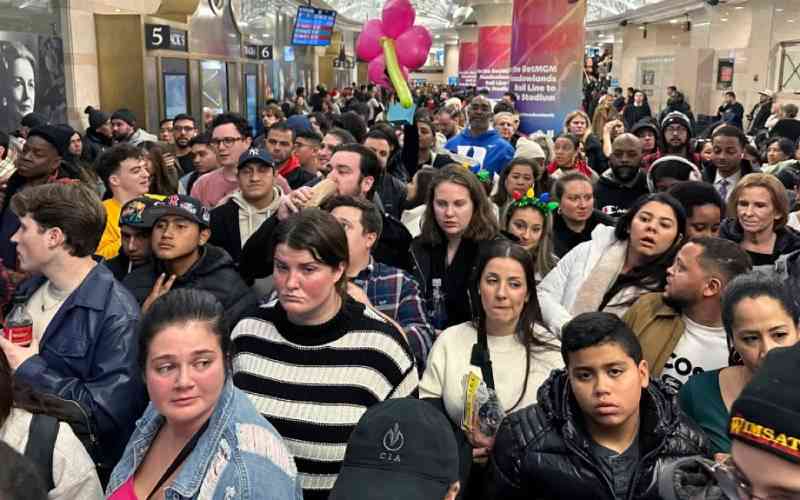
The U.S. government is changing how it classifies people by race and ethnicity in a move that officials hope will better count people who identify as Hispanic or of Middle Eastern and North African heritage.
Announced Thursday by the Office of Management and Budget, the revisions are the first changes to the official categories in 27 years and mark an attempt to more accurately count the U.S. population. Those who support the revisions say they will better reflect people's identities and help define voting districts, among other things.